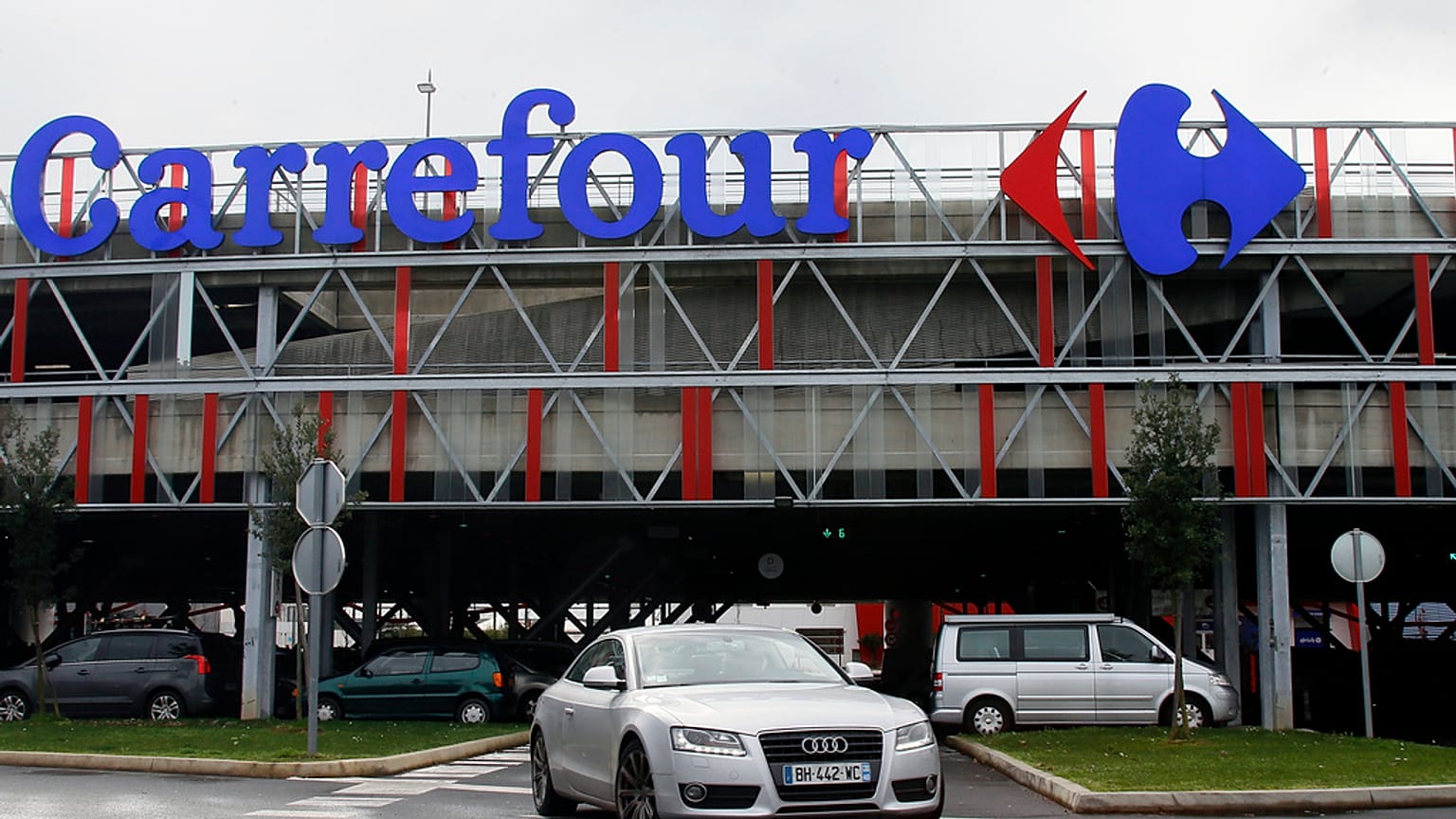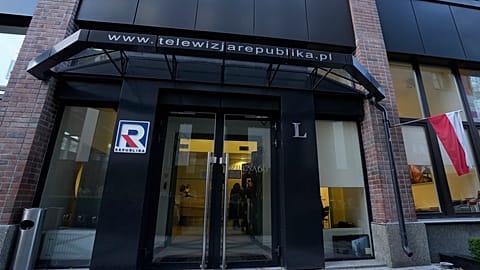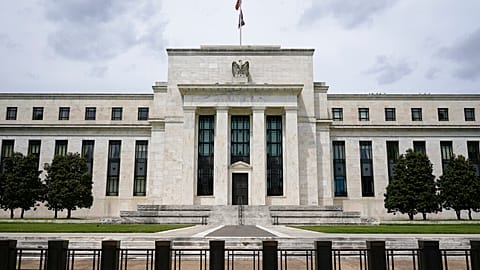Shops in France have seen PepsiCo offerings taken off shelves, with Belgium, Spain and Italy set to follow suit.
Global supermarket chain Carrefour will stop selling PepsiCo products in its stores in France, Belgium, Spain and Italy over price increases for popular items like Lay's potato chips, Quaker Oats, Lipton tea and its namesake soda.
The French grocery chain announced it had pulled PepsiCo products from shelves in France and added small signs in stores that read: “We no longer sell this brand due to unacceptable price increases.”
The ban also will extend to Belgium, Spain and Italy, but Carrefour - which has 12,225 stores in more than 30 nations - didn't say when it would take effect in those three countries.
PepsiCo said in a statement it had “been in discussion with Carrefour for many months and we will continue to engage in good faith in order to try to ensure that our products are available”.
The company behind Cheetos, Mountain Dew and Rice-A-Roni has raised prices by double-digit percentages for seven straight quarters, most recently hiking by 11% in the July-to-September period.
Its profits are up, though higher prices have dragged down sales as people trade down to cheaper stores. PepsiCo has also said it's been shrinking package sizes to meet consumer demand for convenience and portion control.
“I do think that we see the consumer right now being more selective,” PepsiCo Chief Financial Officer Hugh Johnston told investors in October.
The New York state-based company said price increases should ease and largely align with inflation, which has fallen considerably worldwide since crunched supply chains during the COVID-19 pandemic and then Russia's war in Ukraine sent prices surging.
However, the 20 European Union countries that use the euro currency saw consumer prices rise to 2.9% in December from a year earlier, rebounding after seven straight monthly declines, according to numbers released on Friday.
Prices for food and non-alcoholic drinks have eased from a painful 17.5% in the 20-country euro area in March but were still up by 6.9% in November from a year earlier.
PepsiCo has pointed to higher costs for grain and cooking oil for its rising prices. Those costs surged following Russia’s invasion in Ukraine and are still being felt by families at supermarkets. But prices for food commodities such as grain, which are traded on global markets, fell considerably last year from record highs in 2022.
The UN Food and Agriculture Organisation said on Friday that its food price index was 13.7% lower in 2023 than the year before, with only its measure of sugar prices growing in that time.


















